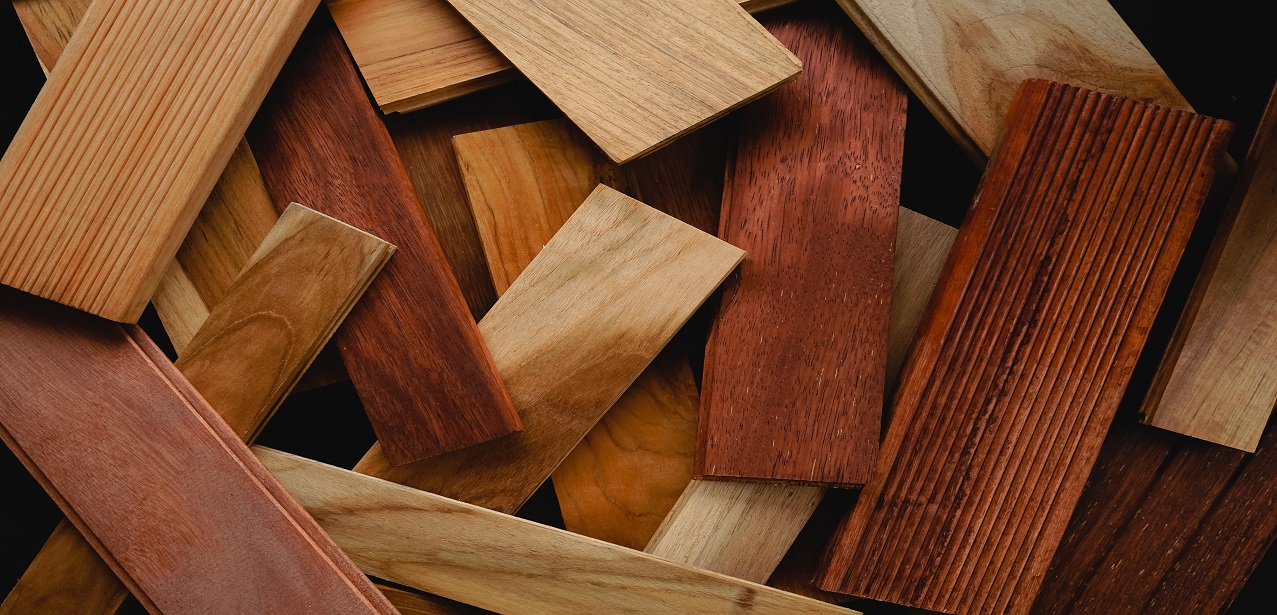Special Offers




Special Offers





What is Plywood?
Plywood is a versatile engineered wood product used in construction and various applications. It consists of thin layers of wood veneers bonded together with adhesive, enhancing its strength and durability. Plywood is favored for its stability, making it ideal for structural purposes like framing, flooring, and sheathing, as well as for decorative and functional finishes.
Importance of Plywood in Housing Construction:
Plywood holds immense importance in home construction due to its versatility and strength. This engineered wood product is widely used for structural framing, roofing, flooring, and cabinetry. Its layered composition provides stability and resistance to warping or splitting, ensuring the structural integrity of buildings. Plywood also serves as an excellent base for various finishing materials like tiles and laminates. Its role in modern construction is indispensable, offering reliability and durability, thus making it a fundamental component of residential construction projects.
Selecting the Right Plywood for Home Construction in India
Selecting the right plywood is crucial for ensuring the structural integrity and longevity of your home in India. Plywood serves as the backbone of many construction projects, from framing to sheathing and finishing. In this comprehensive guide, we will walk you through the key factors to consider when choosing the right plywood for your Indian home construction.
**1. Plywood Types:**
- Understand the different types of plywood available. In India, commonly used varieties include MR Grade (Moisture Resistant) and BWR Grade (Boiling Water Resistant). BWR Grade is recommended for areas prone to moisture, such as kitchens and bathrooms.
**2. Plywood Thickness:**
- Plywood comes in various thicknesses. The choice depends on the specific application. Thicker plywood is suitable for structural purposes, while thinner sheets may suffice for furniture or cabinetry.
**3. IS Certification:**
- Look for plywood with an IS (Indian Standard) mark, indicating that it meets quality and safety standards set by the Bureau of Indian Standards (BIS). This ensures the plywood's reliability.
**4. Application Specificity:**
- Consider where the plywood will be used. Different areas of your home have different requirements. For instance, Marine Plywood is best suited for outdoor or marine applications, while Commercial Plywood is suitable for general indoor use.
**5. Veneer Quality:**
- Examine the veneer quality, which impacts the appearance of the finished surface. Plywood with high-quality veneers provides a smoother and more appealing finish.
**6. Environmental Considerations:**
- Sustainable choices are gaining popularity. Look for plywood certified by organizations like FSC (Forest Stewardship Council) to ensure it's sourced responsibly.
**7. Budget vs. Quality:**
- While budget considerations are essential, prioritize quality when choosing plywood for structural elements. Investing in higher-grade plywood can save you maintenance costs and ensure durability.
**8. Consult Experts:**
- If you're unsure about your plywood selection, seek advice from architects, contractors, or plywood experts. They can provide insights tailored to your project's unique needs.
**9. Warranty and Brand Reputation:**
- Consider the warranty offered by the plywood manufacturer. Reputable brands often provide warranties, reflecting their confidence in the product's quality.
**10. Moisture and Pest Resistance:**
- In humid Indian climates, moisture resistance is vital. Opt for plywood that can resist swelling or delamination when exposed to moisture. Pest resistance is also crucial, especially in termite-prone regions.
FAQs about selecting the plywood
1. **What is the difference between MR Grade and BWR Grade plywood, and which should I choose?**
- MR Grade plywood is moisture-resistant but not suitable for prolonged exposure to water. BWR Grade plywood is boiling water-resistant and is ideal for areas prone to moisture, like kitchens and bathrooms.
2. **How do I determine the appropriate plywood thickness for my project?**
- Plywood thickness depends on the intended use. For structural purposes, thicker plywood is recommended, while thinner sheets are suitable for furniture or cabinetry.
3. **What should I look for when examining the quality of plywood veneers?**
- High-quality veneers should be smooth, free from defects, and evenly applied. Check for any gaps, overlapping veneers, or irregularities in the surface.
4. **How can I ensure that the plywood I choose is eco-friendly and responsibly sourced?**
- Look for plywood with certifications like FSC (Forest Stewardship Council), which ensures responsible and sustainable sourcing of wood.
5. **What are the key considerations for plywood selection in humid or termite-prone regions of India?**
- In such regions, prioritize plywood with excellent moisture resistance to prevent swelling or delamination. Additionally, choose plywood treated to resist pests like termites.
Conclusion:
In the intricate world of home construction in India, selecting the right plywood is paramount. It's not merely a choice; it's the essence of durability, quality, and aesthetics. As we conclude, remember that your home's strength and beauty are intricately tied to your plywood selection. By considering factors like grade, thickness, certification, and purpose, you can ensure your construction withstands the test of time. In this journey, prioritize quality, and let your home reflect the wisdom of a well-made choice.
Explore the key steps of Home Construction from concept to completion